May we raise a toast to all you wonderful readers. May we shout our appreciation for the writers, those conjurors of words. And to the publishers, large and small, we are grateful for all your attention in bringing the finest and most enlightening of books for our reading pleasure. We are delighted to be your book purveyors and will continue to take part in the age-old alchemy of joining readers and books. To 2019! --Otto Book Store, Williamsport, Pa., in a New Year's Day Facebook post
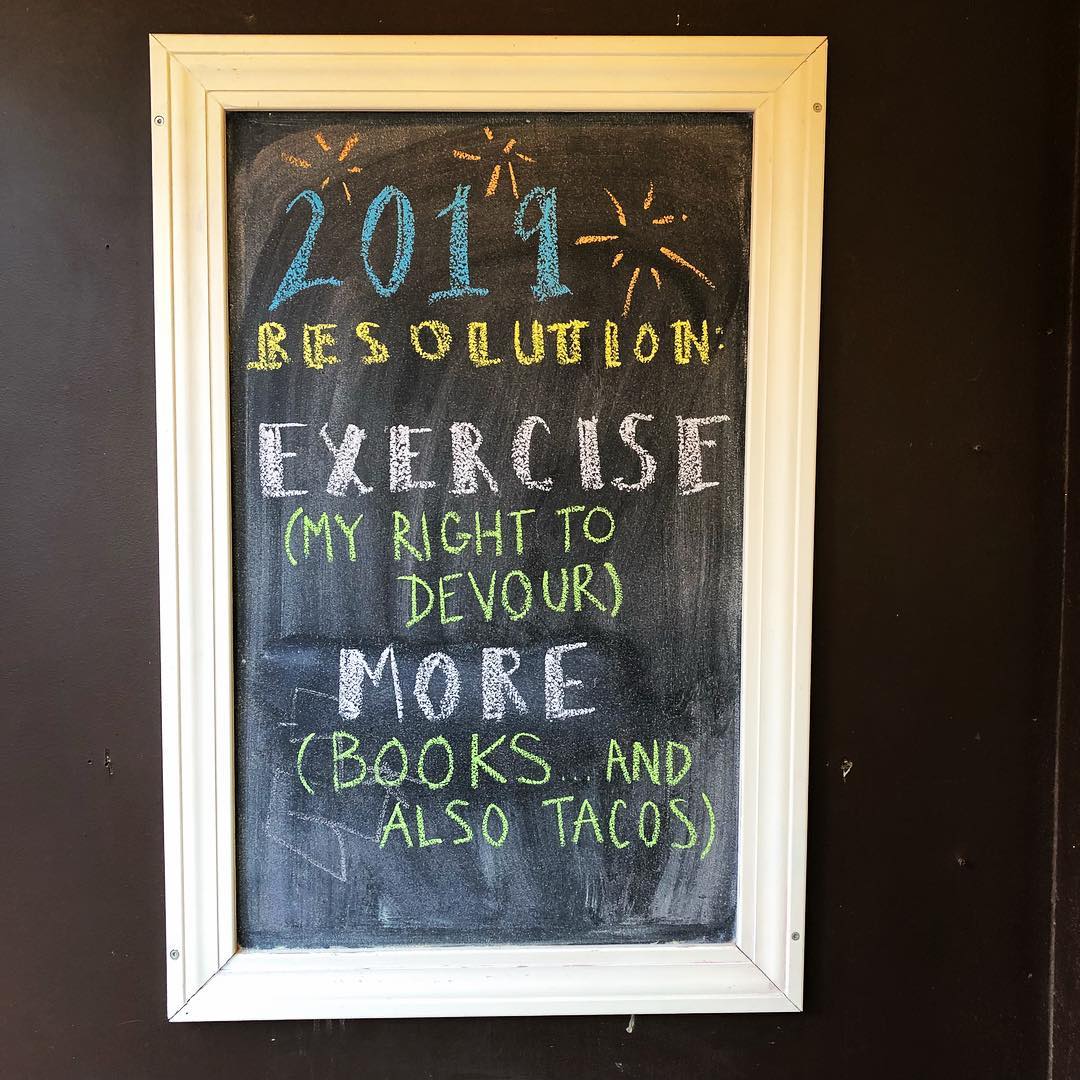 |
| At Sherman's Books |
"What are you optimistic about? Why?"
These seem like excellent questions to begin any new year, especially when posed by a lifelong fatalist during turbulent times. In fact, I first saw them paired in 2007 as the "Edge Annual Question" (I know, two questions, but who's counting?). If you visited the Edge World Question Center then--and now, as it turns out--you found 160 responses from "a who's who of interesting and important world-class thinkers."
Among them was bestselling author Walter Isaacson, who deftly turned early 21st-century paranoia regarding the future of publishing into a mischievous, prescient fable: "I am very optimistic about print as a technology. Words on paper are a wonderful information storage, retrieval, distribution, and consumer product.... Imagine if we had been getting our information delivered digitally to our screens for the past 400 years. Then some modern Gutenberg had come up with a technology that was able to transfer these words and pictures onto pages that could be delivered to our doorstep, and we could take them to the backyard, the bath, or the bus. We would be thrilled with this technological leap forward, and we would predict that someday it might replace the Internet."
More than a decade later, a variation of this process is happening. For example, on Wednesday the Bookseller reported that the print market in the U.K. "has grown in value for a fourth year running, with 2018 showing a marginal volume increase too." This is consistent with statistics from other countries. "We are buying books--especially the kind with physical pages--and we’re doing so, increasingly, in well-loved indie bookstores," Quartz wrote last week.
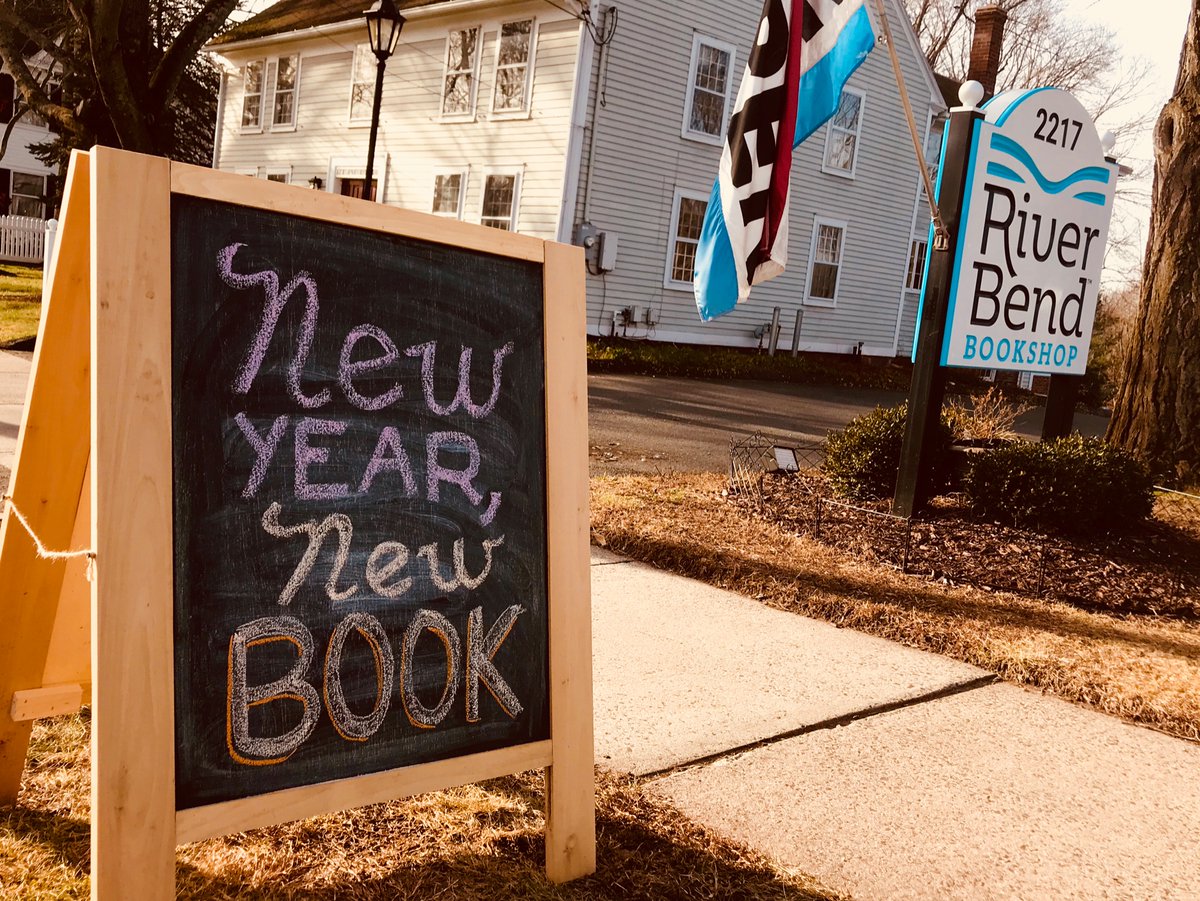 |
| At River Bend Bookshop |
As a Shelf Awareness editor, I often--by no means always, of course. Pollyanna I ain't--get optimistic readings when I check on the book trade's vital signs daily.
This even includes actual signs, like those posted recently by Main Street Books, Mansfield, Ohio; A Great Good Place for Books, Oakland, Calif.; River Bend Bookshop, Glastonbury, Conn.; Solid State Books, Washington, D.C.; Sherman's Books & Stationery, Boothbay Harbor, Maine; and Run for Cover Bookstore & Café, San Diego, Calif.
I'm optimistic when I see that the Writer's Block Bookstore & Café, Anchorage, Alaska, celebrated the new year and its first anniversary with a Facebook post from January 4, 2018: "Before the books, the tables, the dishes, the art, the words, the people."
Holiday season sales floor rush humor from London's Kirkdale Bookshop also sparks optimism:
Haven't tidied away any of our Christmas cards. Slack.
Customer: "This will sound weird,"
Me: thinks "yeah, probably"
Customer: "but have you got any Christmas cards?"
Me: gestures "Yep, we just do it all year long"
Turned it round, see
Retail is detail
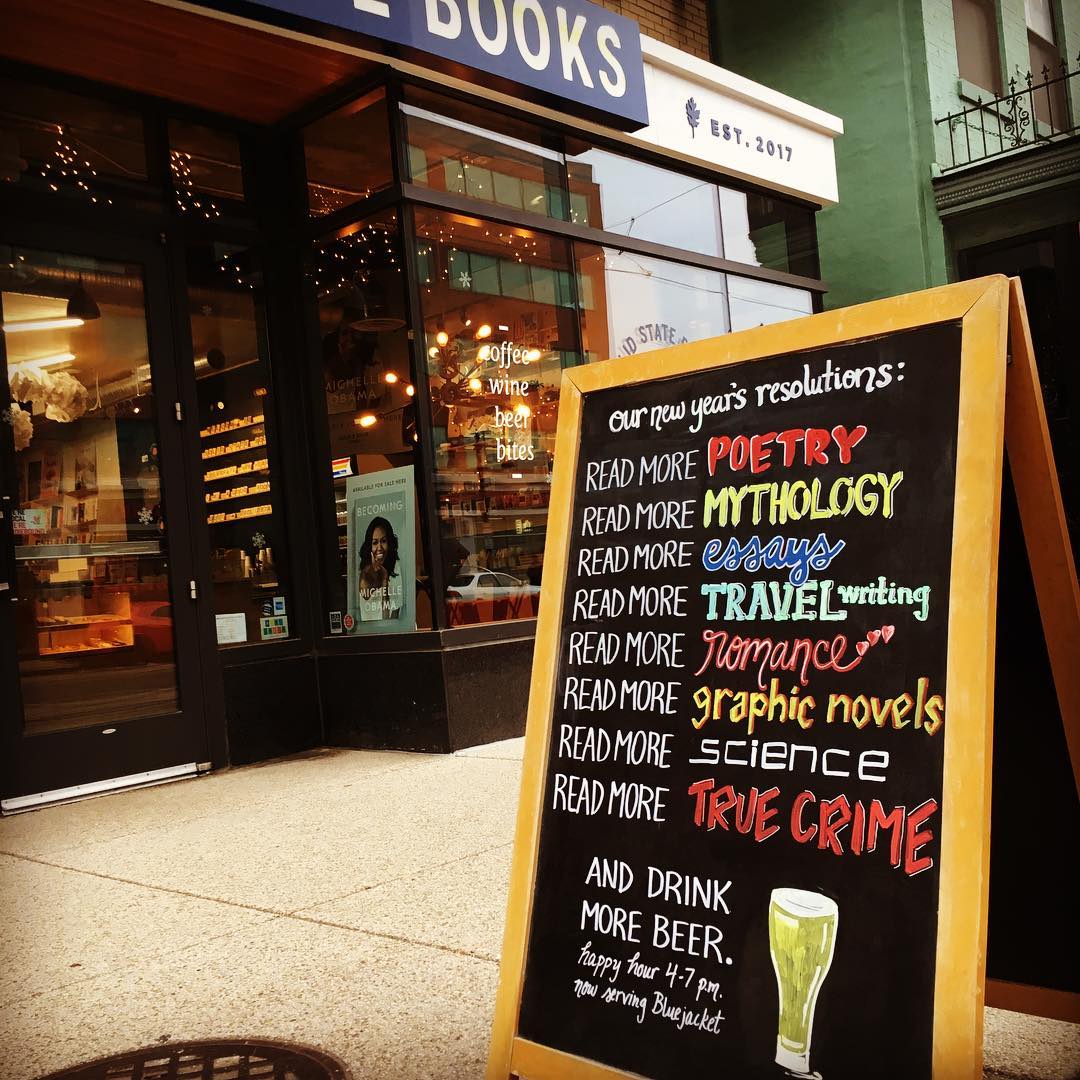 |
| At Solid State Books |
Monitoring the heartbeat of the world of books in media coverage has sparked increasing optimism lately as well. For example:
In her New Year's resolution shared with Bookselling This Week, Angela Maria Spring, ABA board member and owner of Duende District Books in Washington, D.C., said: "In 2019, I will continue to build Duende District locations and event programming with my new partner, Nicole Capó Martínez. Nicole will take over D.C. operations when I relocate to my home state of New Mexico in January, where I'll be launching our first pop-up collaborations in Albuquerque. This is the first step in expanding the Duende experience and model nationwide."
Tim Godfray, executive chairman of the Booksellers Association of the U.K. & Ireland, told the Bookseller: "An e-mail arrived from Pippa, our membership manager. I'm not at liberty to divulge the details, but we will have a positive story to tell on bookshops for the second year in a row. This is no mean feat, after so many years of decline, and it's a sign of the renewed confidence in the sector that new, energetic and creative people are entering it.... We believe the tide is continuing to turn in favor of printed books and bookshops."
Digital life got some bad press in a recent New York Times op-ed ("In Search of Lost Screen Time"), which reported that the "average reader, reading at a speed of 280 words per minute, would take approximately 71½ hours to read the 1.3 million words in Marcel Proust's In Search of Lost Time. With 1,460 hours repurposed from device usage, a reader would get through the books almost 20 times. With the $1,380 in device-free savings, you could spend the weekend in Illiers-Combray, the setting of Proust's first madeleine-soaked memories, and see if he got it right."
The National Retail Federation predicted that the "challenge for retailers in introducing more experiential elements is avoiding 'Instagrammable' gimmicks and keeping it authentic: Values like sustainability and transparency are becoming key product features. In a survey, nearly 60% of consumers said they would stop shopping one of their favorite brands or retailers if they found out the company's values didn't match their own." Indie booksellers weren't just ahead of that curve, they held the pen that started sketching it.
What am I optimistic about? Book people, and the world of words they create, share and fiercely protect. Why? Because I'm a book person, too.
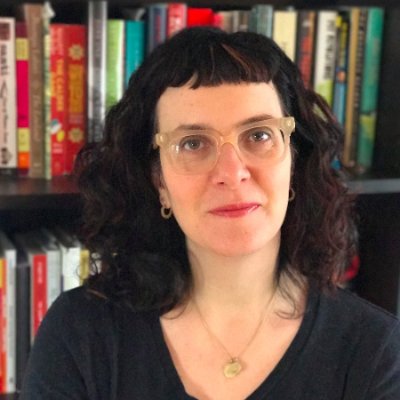 "My 2019 resolutions for my own business include continuing to improve our margins through higher-profit non-book items, taking smarter advantage of publisher offers, selling more paid memberships, and creatively programming paid workshops and classes in our spaces. My resolutions for the ABA board are to continue to focus on elevating the indie channel and to remind publishers why we are a necessary part of the current publishing ecosystem. I'm hoping that, along with ABA staff, we can find new ways to spread the indie message wider and stronger and become more necessary to more people."
"My 2019 resolutions for my own business include continuing to improve our margins through higher-profit non-book items, taking smarter advantage of publisher offers, selling more paid memberships, and creatively programming paid workshops and classes in our spaces. My resolutions for the ABA board are to continue to focus on elevating the indie channel and to remind publishers why we are a necessary part of the current publishing ecosystem. I'm hoping that, along with ABA staff, we can find new ways to spread the indie message wider and stronger and become more necessary to more people."










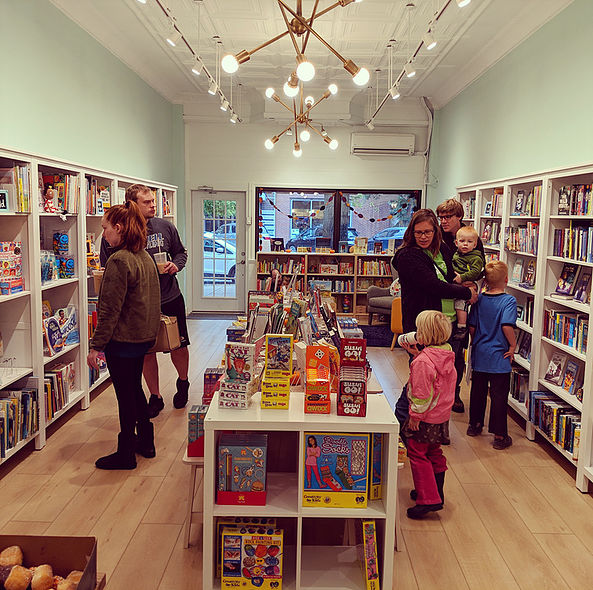 Spark Books
Spark Books
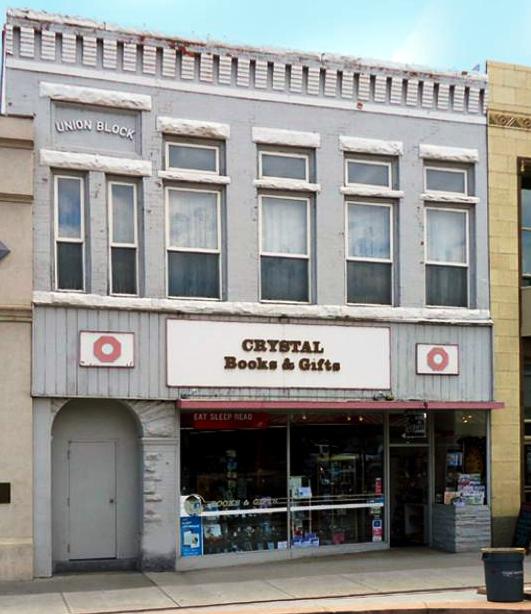 Crystal Books and Gifts, Grand Junction, Colo.,
Crystal Books and Gifts, Grand Junction, Colo., 
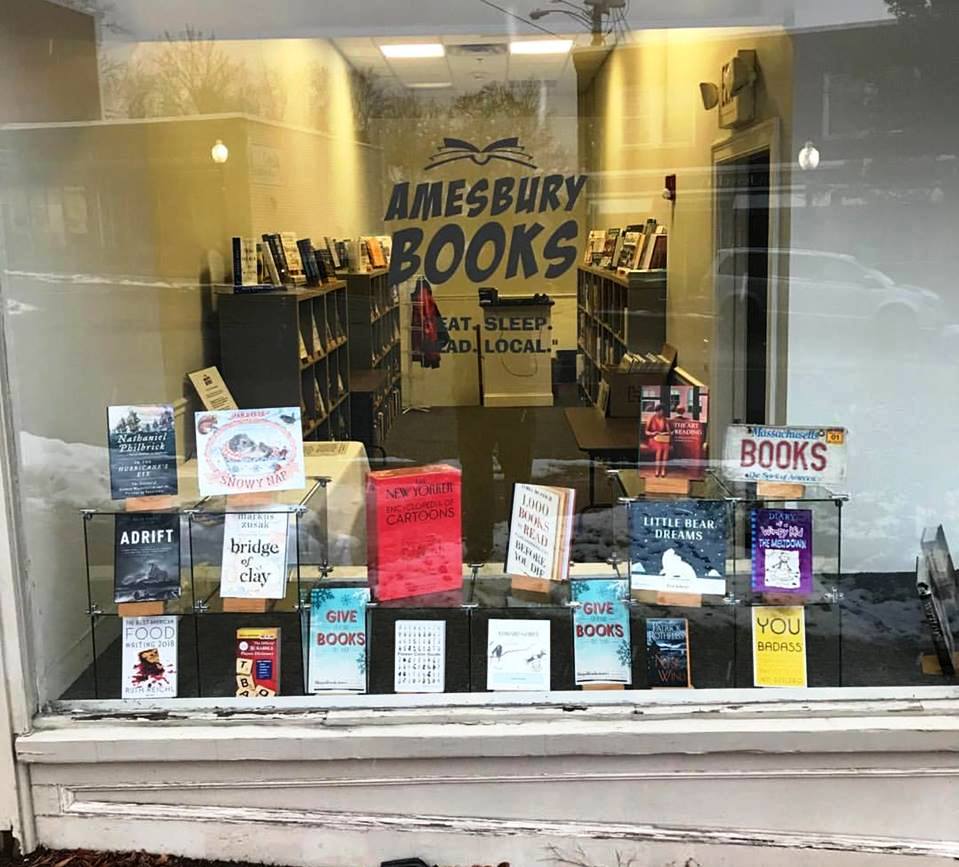
 For years, Shelf Awareness has presented our advertisers with the most-clicked-on ads and analyzed what qualities made them stand out. This year, we're going a step farther and honoring the folks who make great book advertising happen. With the Publishers Advertising & Marketing Association, this coming Tuesday, January 8, we're hosting the first Golden Vik Awards, honoring the best of the more than 4,000 ads that we ran last year. The event starts at 6 p.m. at Tanner Smith's Winona Room, 204 W. 55th St. in New York City. You do not have to be a PAMA member to attend the awards; you only have to care about great advertising and marketing. There are a few seats remaining, and we hope you can join us (and also learn why they are named the Golden Viks!). For tickets,
For years, Shelf Awareness has presented our advertisers with the most-clicked-on ads and analyzed what qualities made them stand out. This year, we're going a step farther and honoring the folks who make great book advertising happen. With the Publishers Advertising & Marketing Association, this coming Tuesday, January 8, we're hosting the first Golden Vik Awards, honoring the best of the more than 4,000 ads that we ran last year. The event starts at 6 p.m. at Tanner Smith's Winona Room, 204 W. 55th St. in New York City. You do not have to be a PAMA member to attend the awards; you only have to care about great advertising and marketing. There are a few seats remaining, and we hope you can join us (and also learn why they are named the Golden Viks!). For tickets, 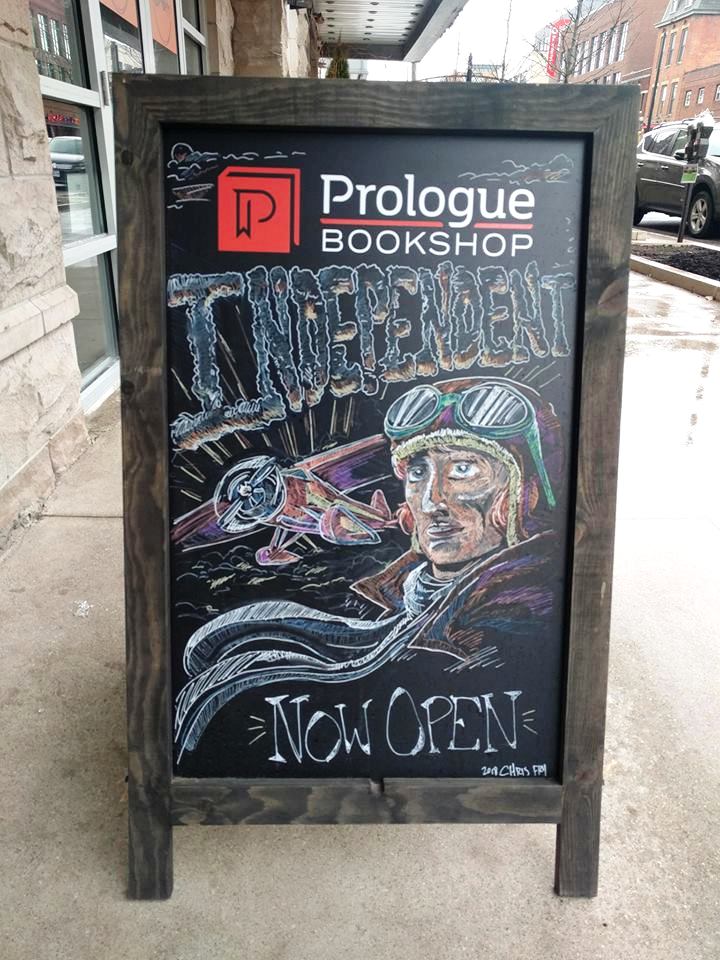 "
"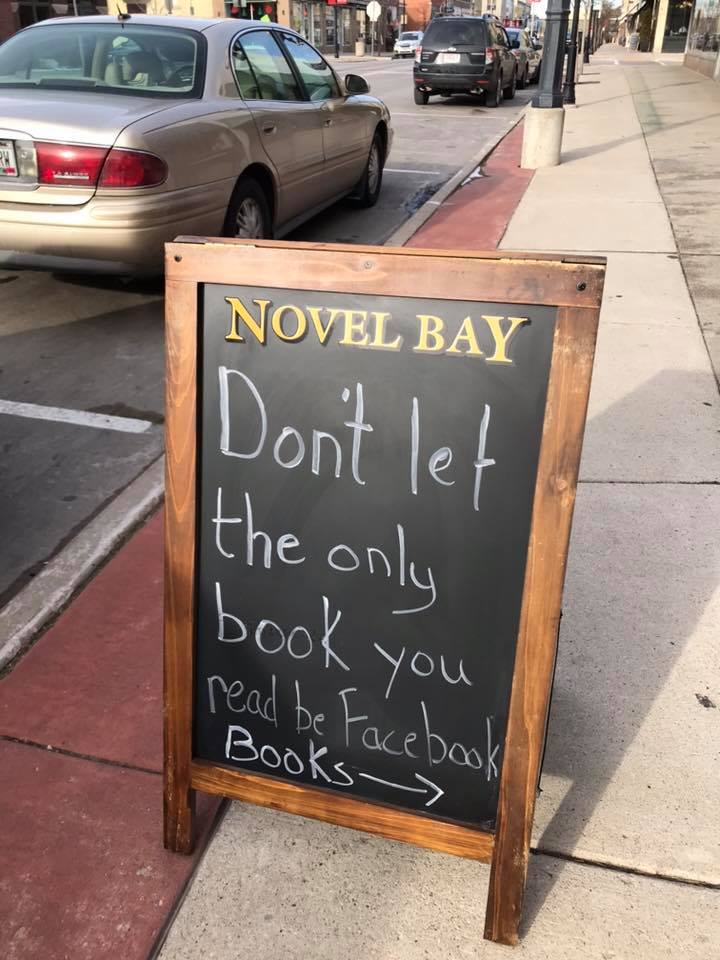 Novel Bay Booksellers
Novel Bay Booksellers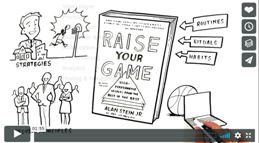 Raise Your Game: High Performance Secrets from the Best of the Best
Raise Your Game: High Performance Secrets from the Best of the Best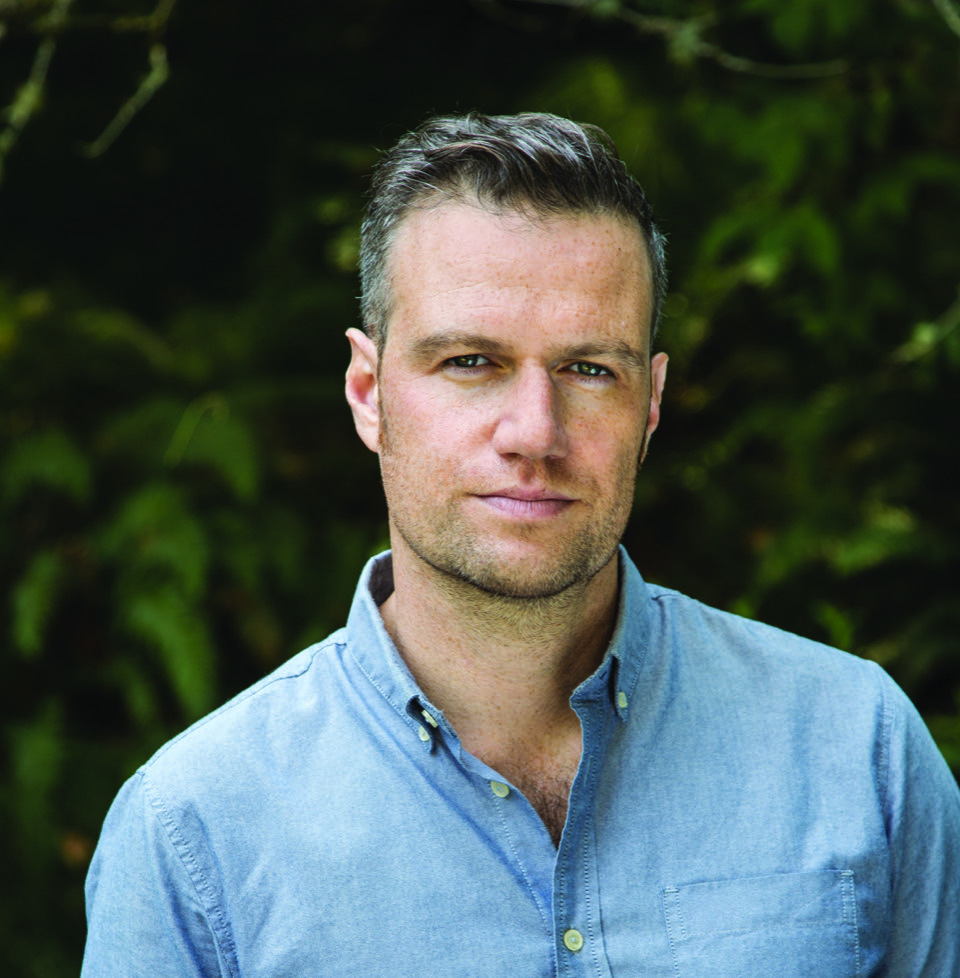
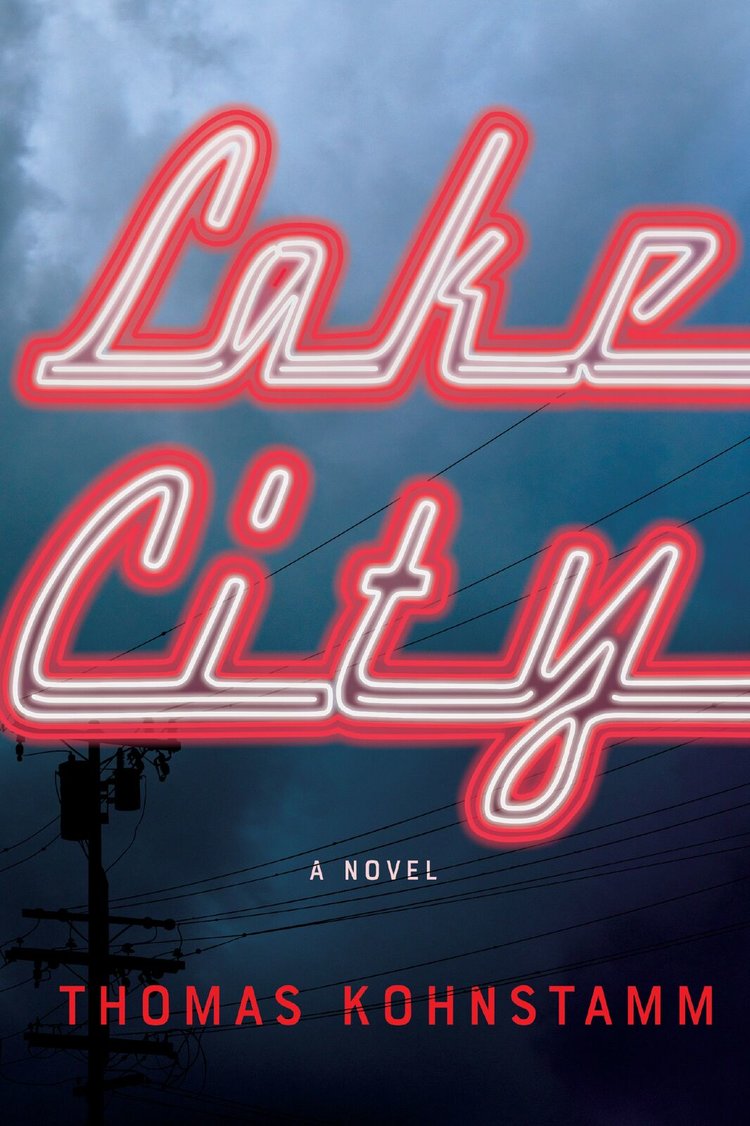 Book you're an evangelist for:
Book you're an evangelist for: Esmé Weijun Wang, author of the novel The Border of Paradise, was diagnosed with bipolar-type schizoaffective disorder in 2013. This diagnosis, which replaced her longtime diagnosis of bipolar disorder, explained the periodic symptoms of psychosis, such as hallucinations and delusions, that she first began experiencing years before as a student at Yale. Wang found some comfort in her diagnosis (it provided "a framework--a community, a lineage"). She also understood--from her own experience and from her years working as a lab researcher at Stanford--that its diagnostic criteria are inadequate in capturing the complexity, contradictions and the lived experience of schizoaffective disorder or another of "the schizophrenias."
Esmé Weijun Wang, author of the novel The Border of Paradise, was diagnosed with bipolar-type schizoaffective disorder in 2013. This diagnosis, which replaced her longtime diagnosis of bipolar disorder, explained the periodic symptoms of psychosis, such as hallucinations and delusions, that she first began experiencing years before as a student at Yale. Wang found some comfort in her diagnosis (it provided "a framework--a community, a lineage"). She also understood--from her own experience and from her years working as a lab researcher at Stanford--that its diagnostic criteria are inadequate in capturing the complexity, contradictions and the lived experience of schizoaffective disorder or another of "the schizophrenias."


